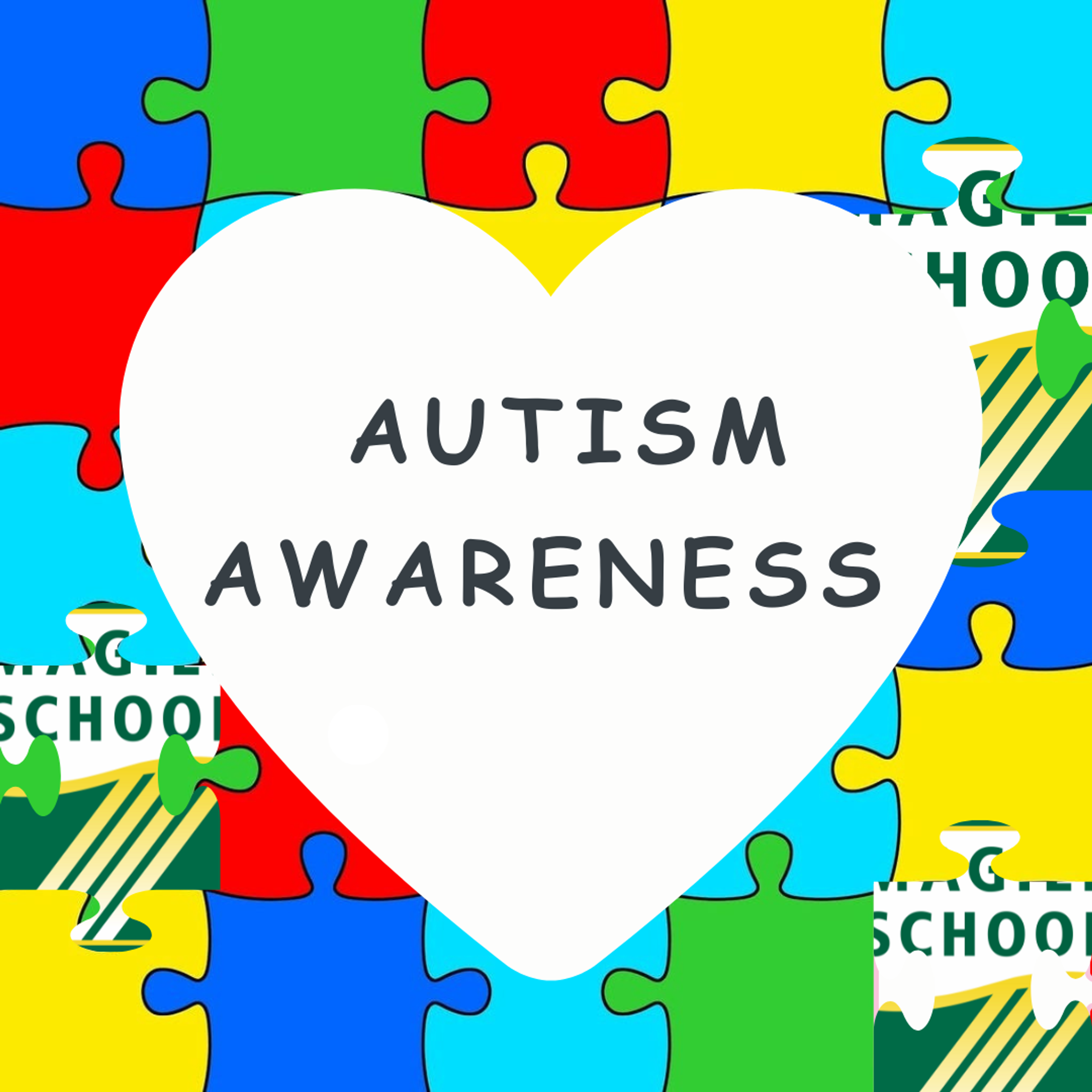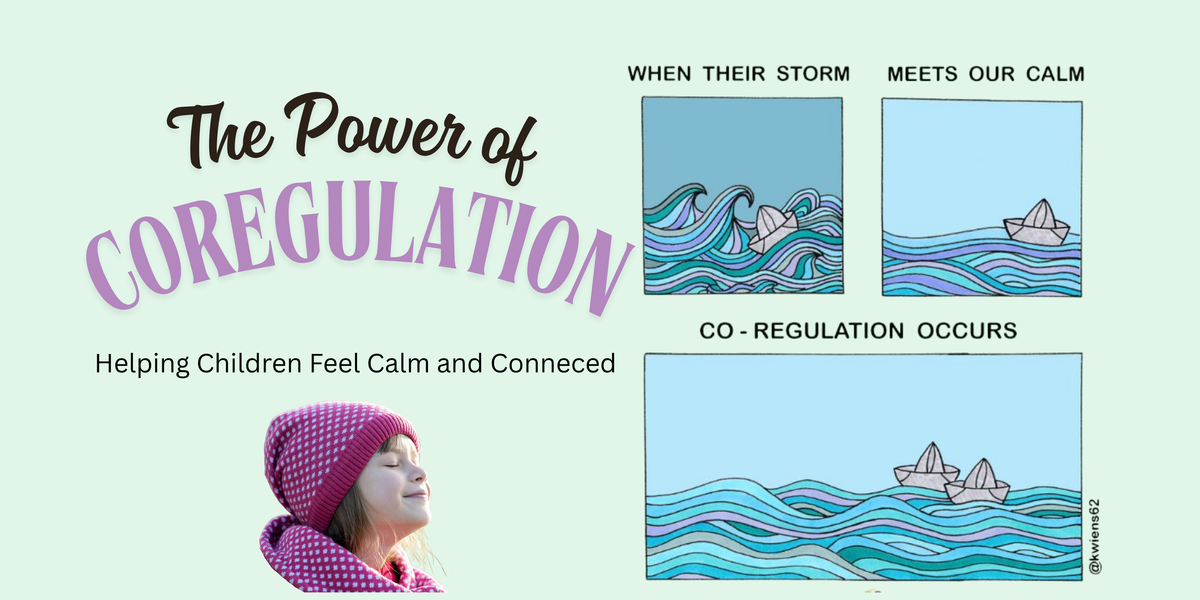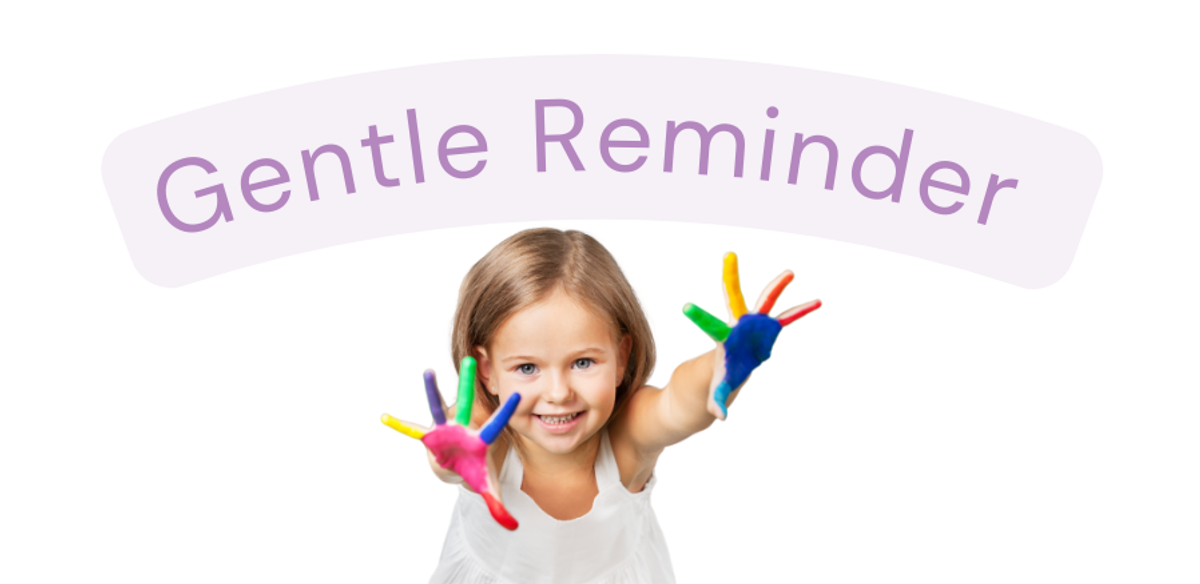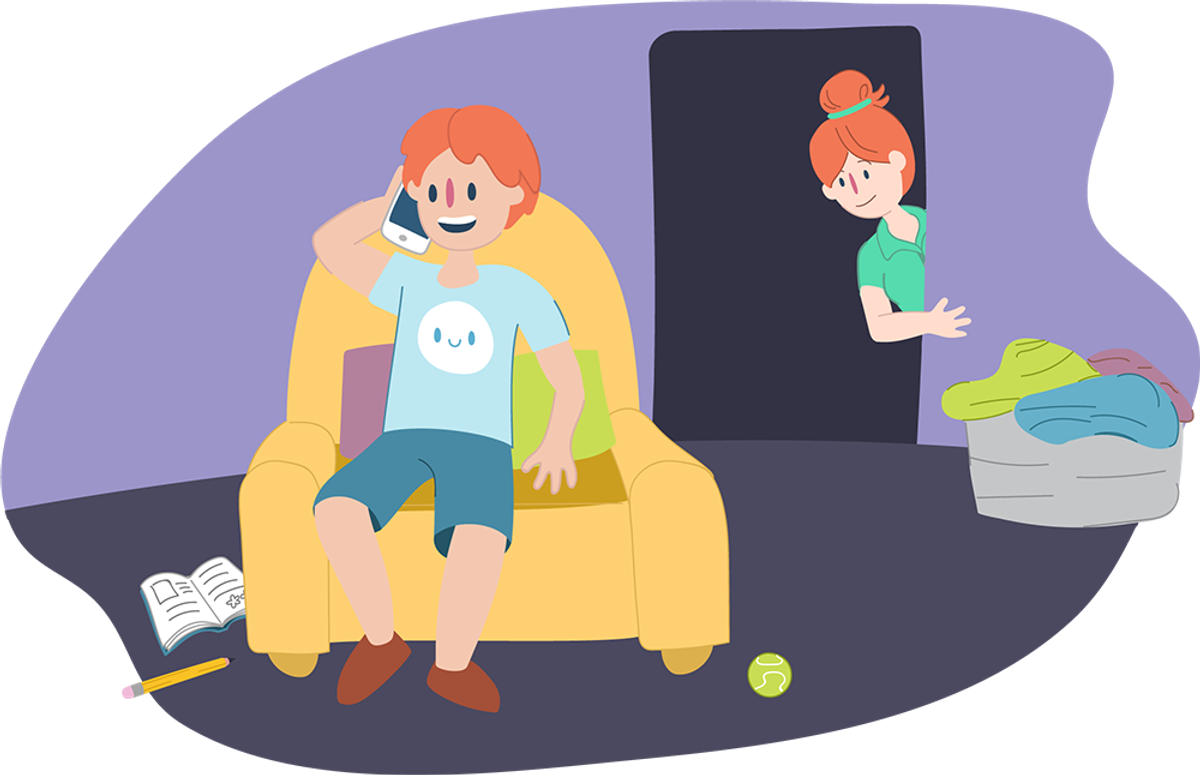Autism at Magill School

Parenting a child comes with incredible joys and also unique challenges, especially when it comes to helping your child manage big emotions. One powerful tool that can make a real difference is something called coregulation. This is research-backed, and is a relationship-based way to help your child feel safe, understood, and eventually better able to manage their emotions independently.
What is Coregulation?
Coregulation means staying emotionally connected with your child, especially during moments of stress. It’s the way we calm with them, not just calm them down. When your child is overwhelmed, your calm presence and support act like an anchor. You're not “fixing” the feelings, you’re riding the wave with them, showing them they’re not alone. Over time, this steady support helps them build the internal tools they need to self-regulate.
Why It’s Especially Important for Kids with Autism
Children with autism often experience the world in intense ways. Loud noises, sudden changes, or even small frustrations can feel overwhelming, and that’s not a failure on their part. For many children with Autism, emotional regulation doesn't develop automatically. But with loving coregulation, they can learn these skills, one step at a time.
Coregulation helps because it:
Reduces feelings of isolation or “wrongness”
Models healthy emotional responses
Builds trust and emotional security
Sets the foundation for long term self-regulation
Simple Coregulation Tools for Everyday Life
You don’t need special training or fancy equipment. Coregulation happens in everyday moments. Here are a few ways to support your child through it:
Stay calm, even when they aren’t
Take a breath. Speak gently. Your tone, facial expression, and body language tell your child: “You’re safe.”
Validate their feelings
Try saying: “It’s okay to feel upset. I’m here with you.”This helps them feel seen and not judged.
Offer predictability
Use visual schedules, timers, or “first-then” statements. Knowing what’s coming next can ease anxiety.
Use calming tools
Weighted blankets, soft music, fidget toys, or simply a quiet space can help soothe overwhelmed systems.
Build a connection before correcting
When your child is dysregulated, the goal is connection, not correction. Teaching can come later - right now, they need your presence.
Coregulation is a journey, not a quick fix. It’s okay if it doesn’t feel perfect every time. What matters most is that your child knows they are loved and not alone in their big feelings. You don’t have to do it all. You just have to be there - present, calm (as much as you can be), and supportive. You are already your child’s most powerful support system. With coregulation, you’re not just helping them calm down in the moment; you’re helping them build a lifetime of emotional resilience.
With Kindness,
Lisa Williams
KidsHelpline: 1800 551 800
Beyond Blue: 1300 224 636
Lifeline: 13 11 14






